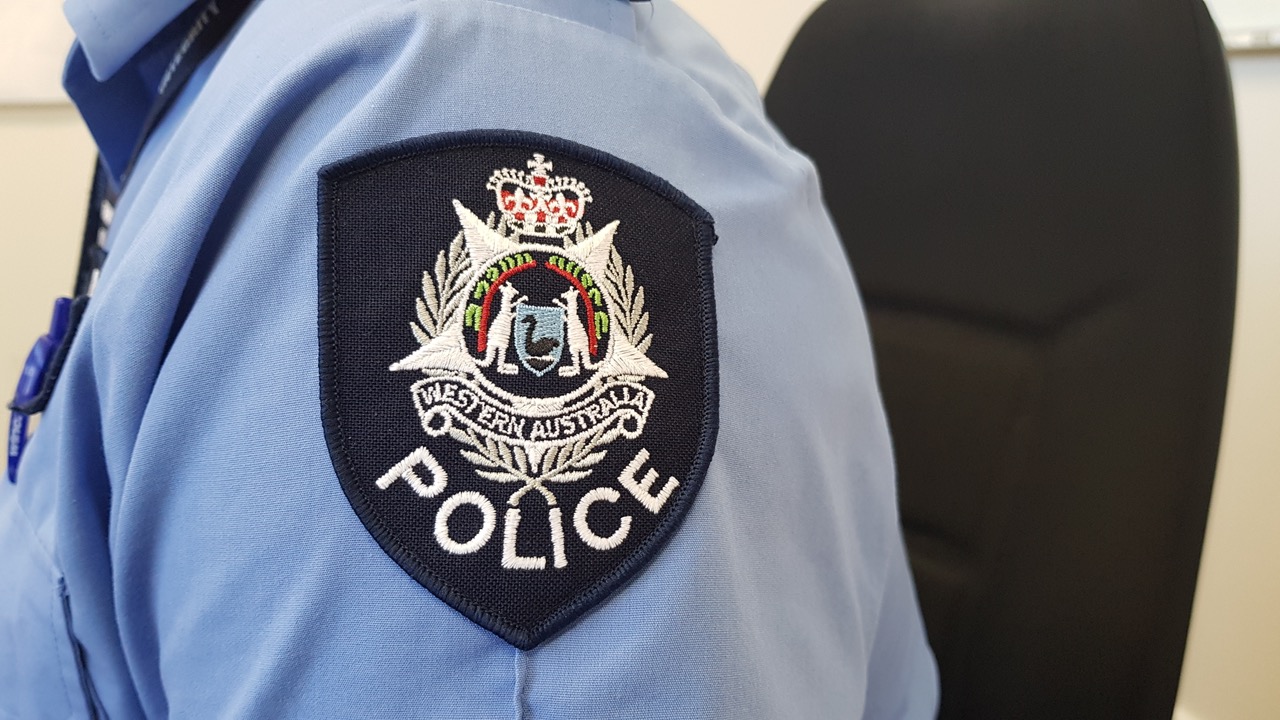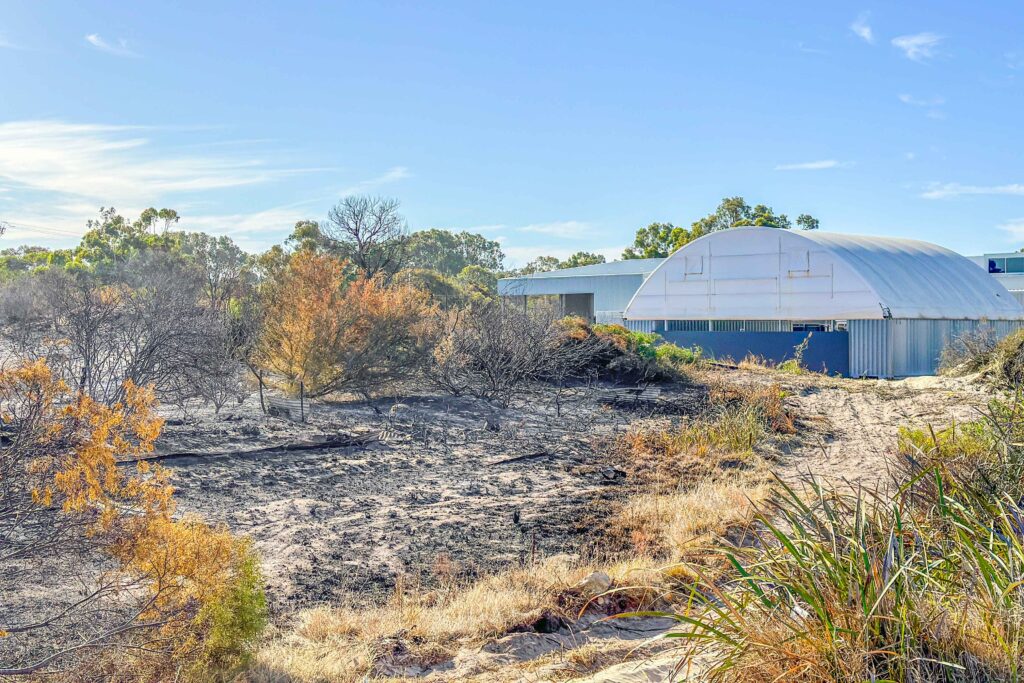The role of a frontline police officer goes beyond enforcing the law, according to the WA Police Force.
The WA police union said worrying mental illness and family violence statistics in places including the Goldfields-Esperance region mean that more and more, police are responding to calls about required welfare checks from worried members of the community.
The question is whether police are the right people to respond to these calls and provide care for those threatened by their situation or mental illness.
Esperance Police senior sergeant Chris Taylor said though there were not many calls for welfare checks in Esperance, they were ready to offer support to community members in need.
“We are first response. If there someone exhibiting mental health issues than we will assist,” he said
Detective Sergeant Wayne Davies said police could only do so much without being mental health “experts” and those who needed to were referred to the Department of Health or mental health facilities for further review.
Statistics indicate mental health was the third leading cause of disease burden in the Goldfields-Esperance region in 2021, according to the Department of Health WA.

The Epidemiology Branch of the Department of Health found mental illness was particularly prevalent in those aged 14-25 and hospitalisations could be an indication for a lack of mental health services.
In crisis situations, the Mental Health Emergency Response Line can be contacted via 1300 555 788.
WA Police Union president and emergency director Paul Gale said more than 60 per cent of incidents attended by police were family violence related.
“Police are more exposed to trauma-based situations such a Family Violence attendance than ever before,” he said.
“Police officers as young as 18 years of age are required to attend domestic related incidents and either be the mediator or the enforcer of policy and legislation to ensure all persons are safe.”




